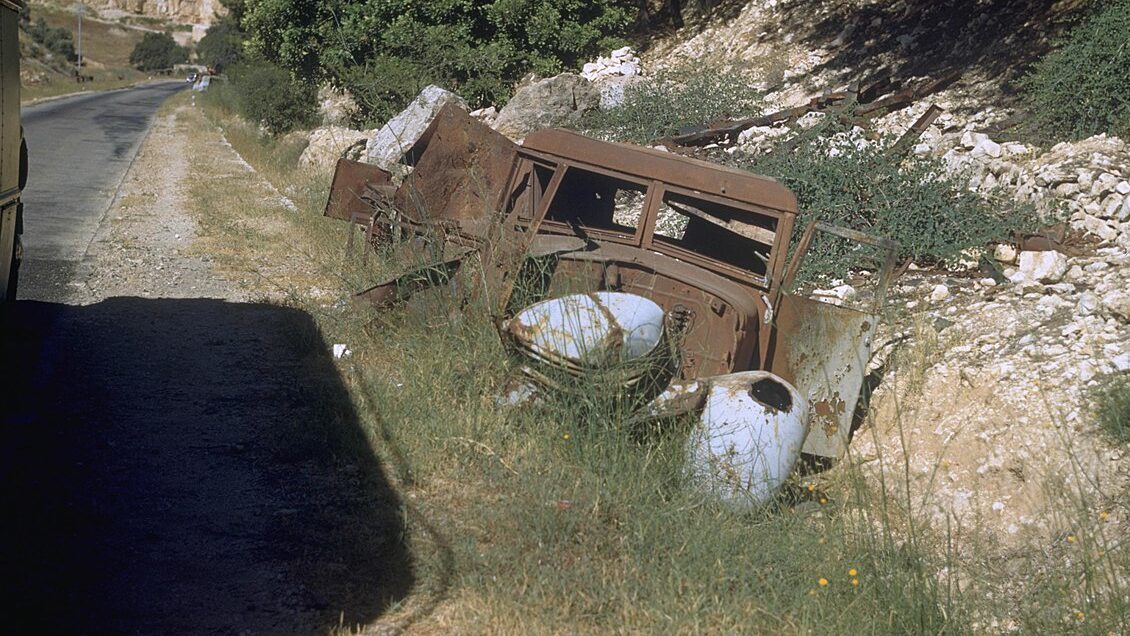The Middle East Is Reeling Between Regional Conflicts and Inhumane Practices
Al-Masry Al-Youm, Egypt, February 22
In the present day, the Middle East has transformed into a cauldron of conflicts, marked by human massacres and perilous actions driven by illogical and conflicting arguments. However, it appears that both the world and the region itself are turning a blind eye to this grim reality. Until recently, prevailing Israeli rhetoric suggested that the Palestinian issue had lost its relevance in the Arab-Israeli conflict, diminishing its significance at regional and international levels. However, ongoing settlement construction activities in the West Bank, coupled with the events of October 7, have debunked this unfounded myth. Israel and its allies have propagated a deceptive narrative that masks their recent setbacks in the Palestinian-Israeli conflict. This conflict has persisted for nearly seven decades, with a history of violence largely originating from Israel rather than the Palestinians living under occupation. The recent events of October 7, the arrest of numerous Palestinians in the West Bank, and the inadvertent killings of Israeli hostages have underscored the complexities of the conflict. Israel’s demand to assume absolute security control over Gaza after it concludes its war, and the proposal to relocate Gazans to Sinai, have strained Tel Aviv’s relations with Cairo and raised concerns among advocates of a two-state solution. The rising settlement activities in the West Bank have further dampened hopes for a peaceful resolution, prompting reconsideration of the possibility of a single-state solution. While the United States claims to support democracy and human rights, its opposition to a cease-fire in Gaza contradicts its own laws and principles. European nations, once constructive in mediating conflicts, now exhibit conflicting stances, with Germany condoning mass killings and Britain grappling with internal challenges post-Brexit. Amid these tensions, certain countries like Norway, Ireland, Spain, and Belgium have taken principled positions, offering a glimmer of hope in the wake of chaos. The recent ruling by the International Court of Justice on Israel’s actions in Gaza highlights the urgency for accountability and cessation of hostilities in the region. The ongoing conflicts in the Middle East, exacerbated by regional and international actors, pose a grave threat to peace and security. It is imperative for the international community to confront the realities of these conflicts, hold aggressors accountable, and engage in active diplomacy underpinned by respect for international law. Only through collective action can we hope to bring stability to the turbulent Middle East and avert further calamity. —Nabil Fahmy (translated by Asaf Zilberfarb)


